Research partially funded by the JKTG Foundation recently appeared recently in the journal ‘Cancers’.
The research, Post-Hypoxic Cells Promote Metastatic Recurrence after Chemotherapy Treatment in TNBC, includes work by Daniele M. Gilkes, Ph.D., a researcher with whom JKTG has worked on several projects.
Initial JKTG funding connected researchers with highly experienced mentors to develop collaborative research projects via the Applied Mathematics in Germinating Oncology Solutions (AMIGOS) workshop resulting in Gilkes tracking individual cancer cells that experience hypoxia as they metastasize in a mouse model.
Her project collaborator, Paul Macklin, Ph.D., used this data to develop a mathematical model explaining how hypoxia promotes cell migration in a primary tumor.
The work highlighted in this most recent publication investigates whether cells that experienced intratumoral hypoxia are also resistant to chemotherapy.
By utilizing both in vivo and ex vivo models, the researchers conclude that metastatic cells found in the lung and liver, that were exposed to hypoxia in the primary tumor, are less sensitive to doxorubicin and paclitaxel and drive recurrence after treatment.
Our studies also suggest that chemoresistance is associated with a cancer stem cell-like phenotype that is maintained in post-hypoxic cells.
Featured news
Ted’s Take: Errors in formulas and what it means for AI
Spinach is the best source of iron. I’ve understood this for decades now. As I ate more and more healthy foods, I’d choose spinach salads because of the “great” nutritional value, particularly iron.
Ted’s Take: An ounce of prevention
They stay an ounce of the prevention is worth a pound of cure. Isn’t it the truth.
How physicians are paid
Despite a growing need for general practitioners, the Medicare system is not helping with this shortage given the maldistribution of reimbursement between general medical providers and surgeons and other specialists.

Jayne Koskinas Ted Giovanis
Foundation for Health and Policy
PO Box 130
Highland, Maryland 20777
Media contact: 202.548.0133


